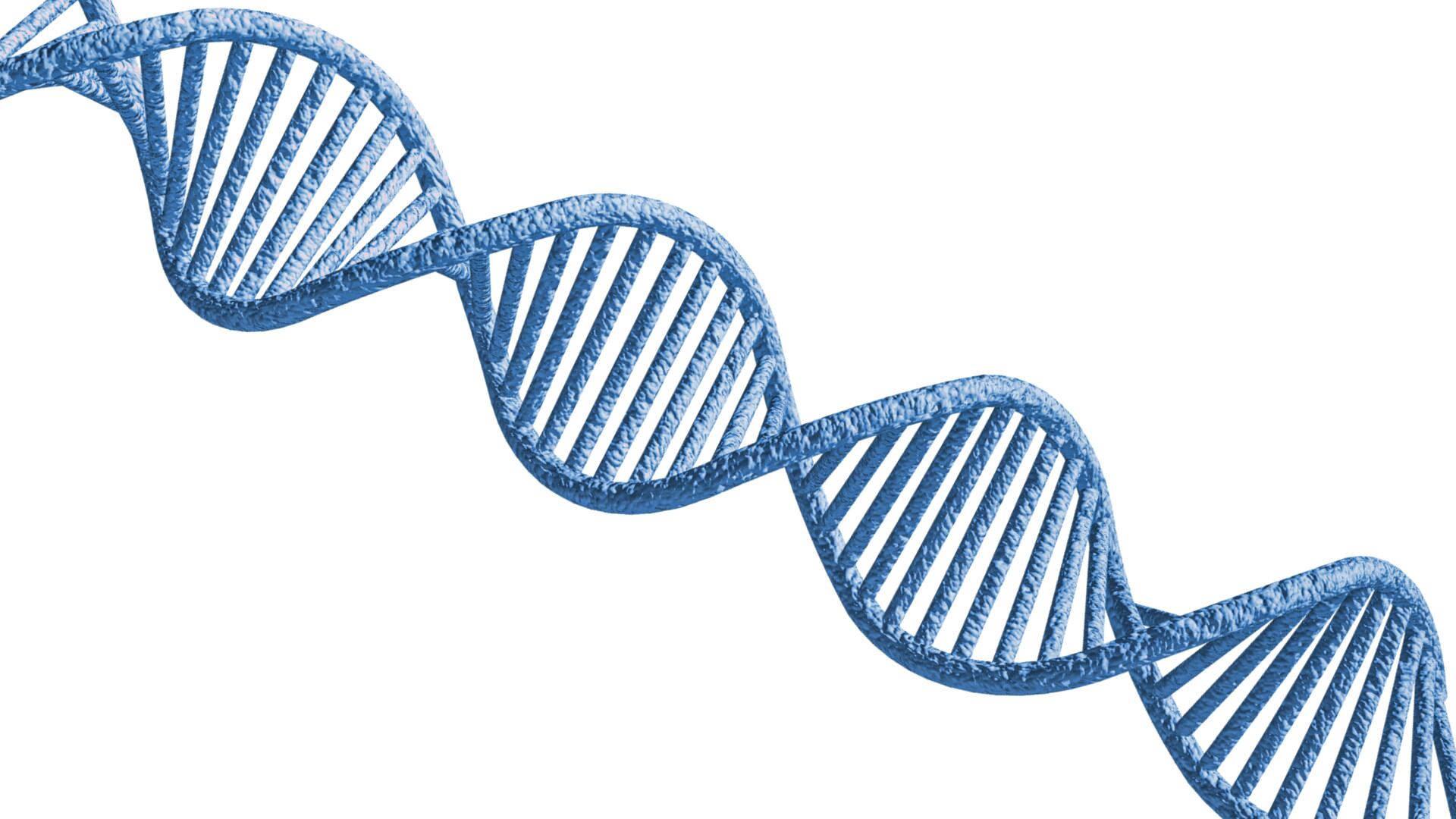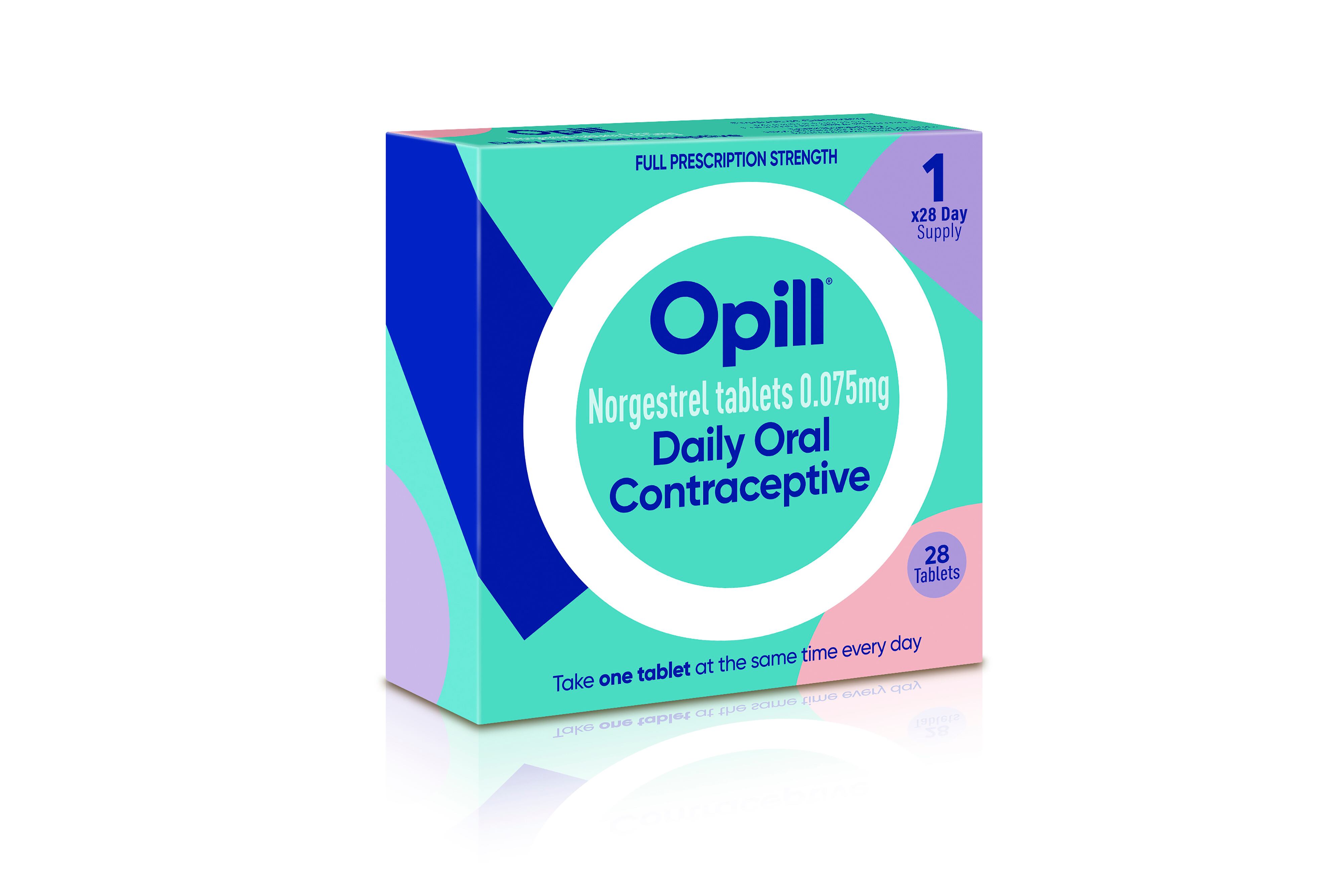The LGBTQ+ dating app Grindr is doing its part to snuff out the HIV epidemic by offering free at-home test kits to users.
In partnership with the Centers for Disease Control and Prevention, Emory University and Building Healthy Online Communities, Grindr is taking up the 'Together TakeMeHome' initiative that provides U.S. based users to HIV testing tools.
Once users log onto the app, they can toggle over to an option that reads "Free HIV Home Test" to get access to the kits provided by OraQuick. The test, which uses gum swabs to assess the sample, renders results within 20 minutes.
"Many Grindr users face barriers to testing in person, including clinic operating hours, transportation costs, concerns about privacy, and fear of judgment," the company said in a statement. "This project is currently aiming to give out one million kits over five years. We're incredibly proud of this partnership, so please check 'Together TakeMeHome,' know your status, tell your friends, and let's continue to fight the epidemic together."
Grindr has distributed more than 125,000 kits so far and noted that a third of recipients were testing for the first time. Right now, the program is only available in the U.S. and Puerto Rico.
The World Health Organization's cancer agency has deemed the sweetener aspartame — found in diet soda and countless other foods — as a “possible” cause of cancer, while a separate expert group looking at the same evidence said it still considers the sugar substitute safe in limited quantities.
More than a third of Americans were under extreme heat advisories, watches and warnings Thursday as a blistering heat wave that's been baking the nation spread further into California, forcing residents to seek out air conditioning or find other ways to stay cool in triple-digit temperatures.
Tourists in central Athens huddled under mist machines, and zoo animals in Madrid were fed fruit popsicles and chunks of frozen food, as southern Europeans braced for a heat wave Thursday, with a warning of severe conditions coming from the European Union’s space agency.
A new study published in Nature has found that more than 56 percent of the world's oceans have changed color in the past 20 years, and climate change is to blame.
Recently discovered teeth of a two-million-year-old human relative in Africa could give researchers new insight into genetics.
U.S. officials have approved the first over-the-counter birth control pill, which will let American women and girls buy contraceptive medication from the same aisle as aspirin and eyedrops.
The Webb Space Telescope is marking one year of cosmic photographs with one of its best yet: the dramatic close-up of dozens of stars at the moment of birth.












